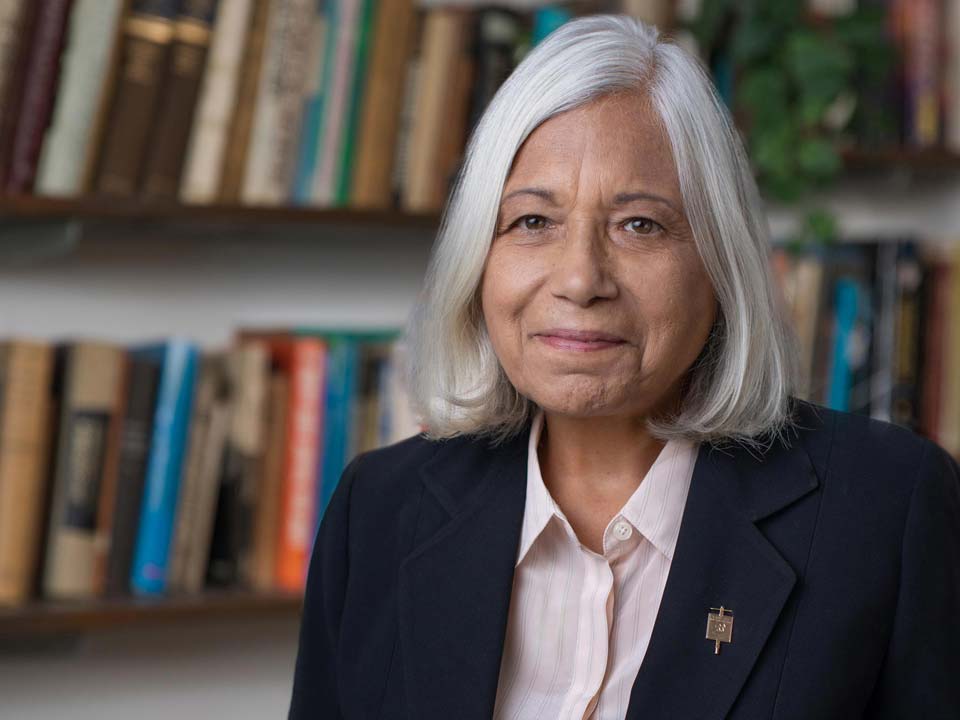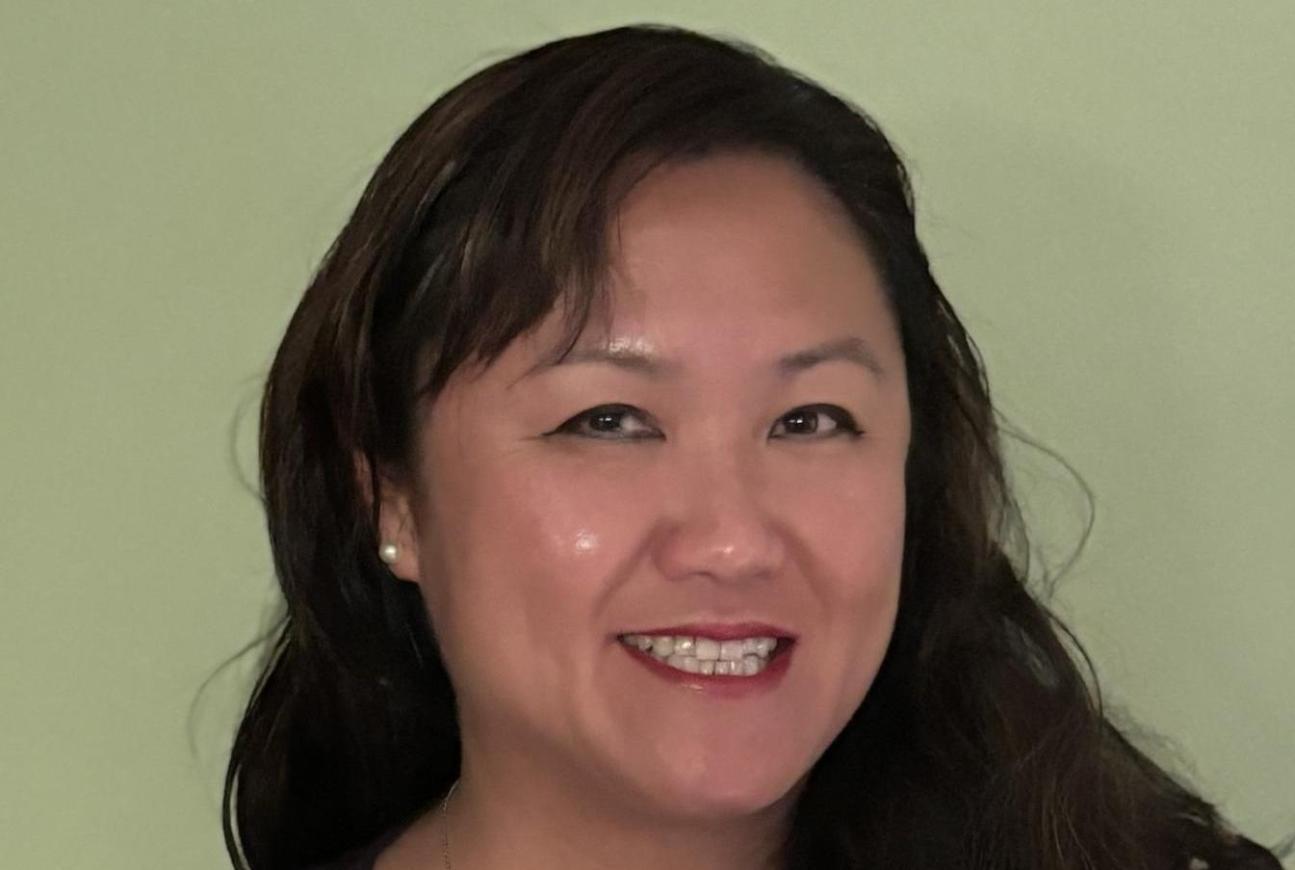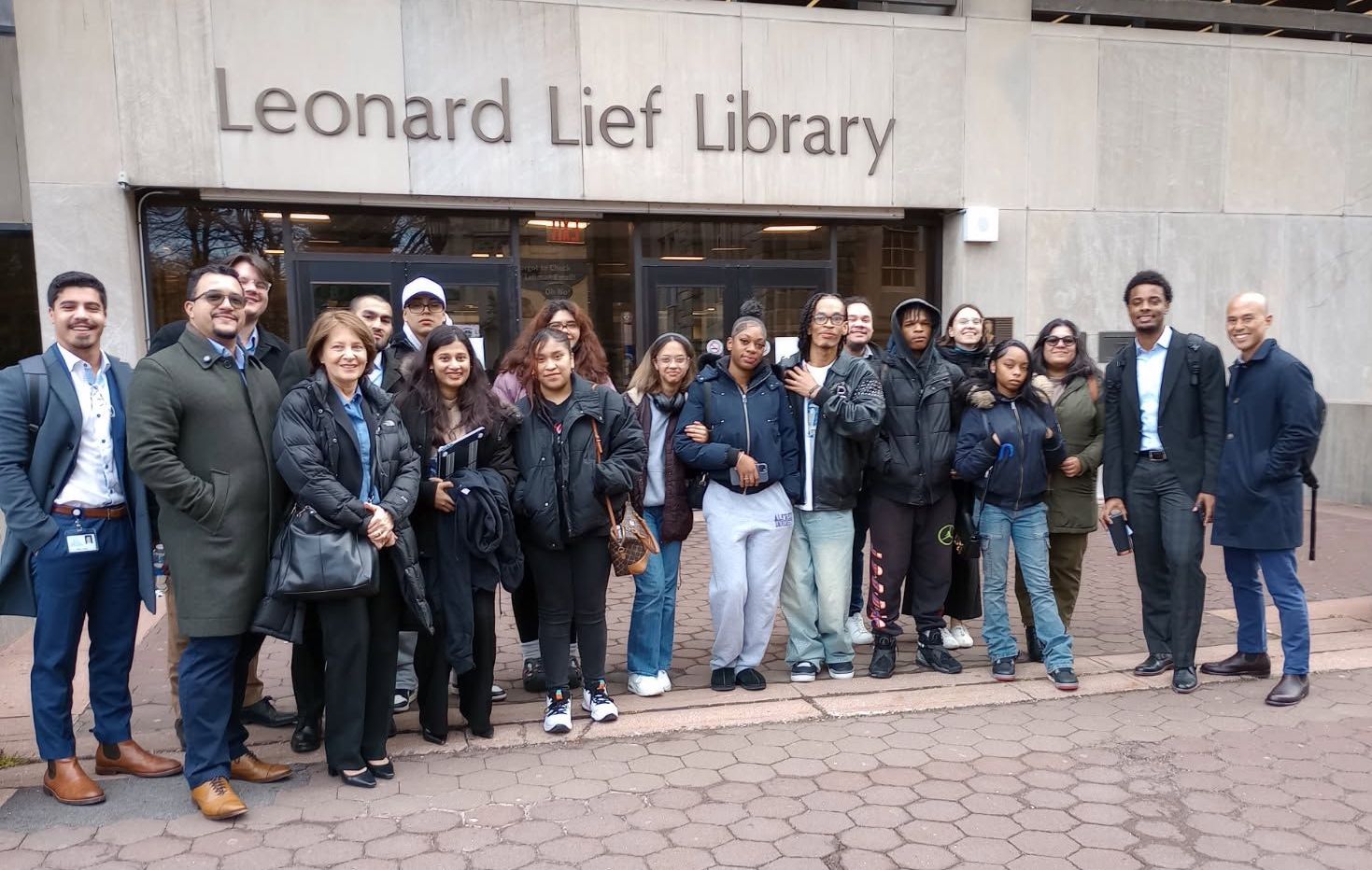- Lehman College >
- News >
- 2021 >
- Lehman Professor Naomi Zack Is a Philosopher for Our Time
News
Search All News
Tuesday, December 16, 2025
CONTACT
Office Hours
Monday - Friday 9am - 5pmClosed Sat. and Sun.
RELATED STORIES
December 10, 2025
Tammy Lee Christensen Takes National Leadership Role in APHA
Lehman Professor Naomi Zack Is a Philosopher for Our Time

Naomi Zack
January 20, 2021
In this era of heightened political partisanship—which has hindered government, hobbled the country’s response to a pandemic, and led to unprecedented violence at our nation’s capital—the work of Lehman College philosophy professor Naomi Zack is especially relevant.
One of the country’s preeminent scholars of political philosophy, race theory, feminist theory, the philosophy of identity, and natural disasters, her oeuvre includes 10 books and 10 textbooks, as well as several edited anthologies.
In the fall, Zack was honored by the Pacific Division of the American Philosophical Association, which awarded her the 2021 John Dewey lectureship. She will deliver her lecture during its annual meeting in April.
Her latest book, Progressive Anonymity: From Identity Politics to Evidence-Based Government (Rowman & Littlefield, 2020), was released in December. In it, Zack critiques identity politics and makes the case that group identity, which has become the engine of American political life, has no place in a working government. Indeed, extreme political partisanship, she said, “is an example of identity interfering with government functions.”
“I argue in the book that the government should be anonymous—truly anonymous—in terms of identities,” Zack said. Although identities are fine in society, she writes, they inevitably set off power struggles in government, particularly when the government consists mainly of two identitarian parties. That creates the sort of problems Americans have grown accustomed to seeing in Washington, namely instability and gridlock.
“Identity can be a part of politics, but if people hold public office based on their identities, it starts to interfere with the function of government,” she said.
Federal, state, and municipal governments’ highly politicized response to the coronavirus pandemic—and its deadly consequences—is a case in point.
For example, the Trump White House was alleged to have nixed plans for a national coronavirus testing strategy early on because COVID-19 was disproportionately affecting Democrat-led states at the time. Although the administration denied the charge, President Trump later blamed blue states for the nation's increasing death rate from COVID-19 and wrongly suggested that Republican-led states fared better.
Zack writes that it’s important that the problems democratic governments look to solve “be broadly understood as problems people share across identities,” with a focus on “the contemporary interests of large segments of the electorate, composed of all identity groups.”
She does a deeper dive into how the country handled the pandemic in her forthcoming book, The American Tragedy of COVID-19: Social and Political Crises of 2020 (Rowman & Littlefield, 2021), which will be released this spring. It examines the pandemic’s reverberations throughout American society and how it revealed both weaknesses and strengths in our social fabric.
“The reason I call it the American tragedy of COVID-19 is [because of] the classic definition of a tragedy, which goes back to Aristotle,” Zack said. Tragedy, she added, is “an error of judgment that follows from a well-settled trait of character.”
According to Zack, errors in the country’s pandemic response both brought endemic social problems into sharp focus and exacerbated them.
“For example, many women have experienced extreme setbacks in their work lives as a result of COVID-19,” she said. “It’s already harder for women, structurally, to reclaim their jobs once they’ve lost them. And it’s been harder for women to work at home because they still, disproportionally, have childcare responsibilities. They are also more likely to be the victims of partner violence. All these things become magnified in the pandemic.”
In the aftermath of the pandemic’s first wave, Zack developed a course on the topic, offered last summer and fall, that used chapters from her forthcoming book to help structure class readings and discussion. It will be offered again this spring.
“I decided I would teach a course as a way of organizing my thoughts because everything was coming all at once when we were locked down,” she said.
The class was useful to students, Zack said, in that it helped them understand the complexities of the situation.
“We talked about federalism—the different state, local, and federal authorities that made it so hard to deal with government—the different impact on marginalized populations, the culture wars, the economy, education, all of the main parts of society that were affected,” Zack said. “I’m going to continue to update and offer this course because it’s not over yet.”
For many people, both the pandemic and the extreme partisan politics of the past four years have intensified feelings of uncertainty and mistrust. As an educator and theorist, Zack sees philosophy as a useful tool in such situations—a way to cut through political rhetoric and arrive at facts.
“What philosophy can do is help you develop confidence in your ability to think things through,” she said. “It’s not the content so much—whether you’re studying this philosopher or that philosopher. It’s exercising your mind and knowing the difference between fact and speculation, between certainty and probability. These are tools for thinking. I think it helps you accept uncertainty.”









